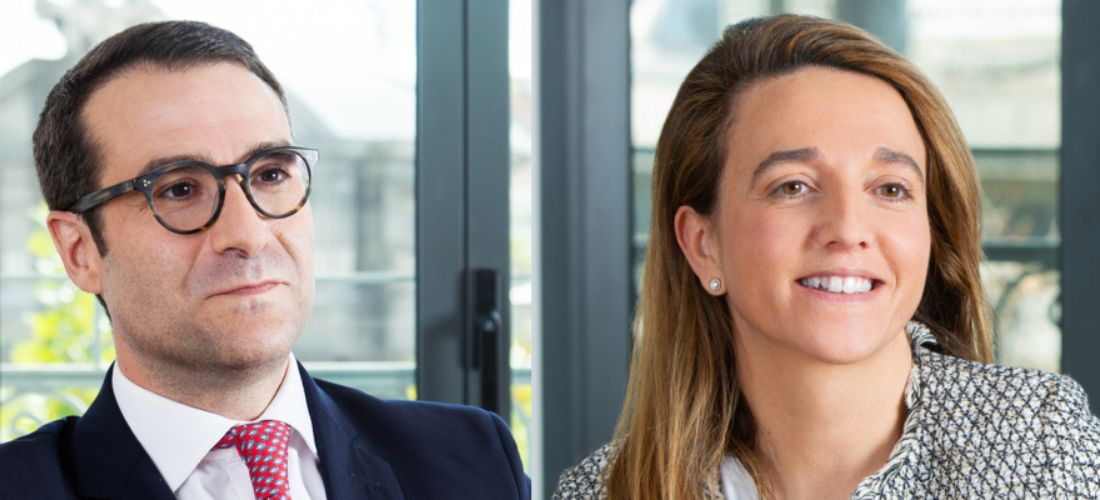More than disruptors
by michael heron
The dictionary definition of a disruptor is a company or form of technology that causes radical change in an existing industry or market by means of innovation. Founded in 2014 by name partners João Taborda de Gama and André Júdice Glória, Gama Glória’s growth and subtle, yet significant meteoric rise during the last eight years, is in some ways representative of Portugal during much of this period. Not just in terms of the country’s economic growth but becoming established as a viable innovation hub for tech companies and start-ups, competing with London, Berlin and perhaps one day Silicon Valley. After interviewing the managing partner André Glória, one gets the impression that he wouldn’t necessarily approve of being referred to as a disruptor for the sake of disruption. But if the firm can help a client achieve this in a legal, viable and elegant manner, one senses this is what truly matters.
A lot of law firms struggle when it comes to differentiation. It seems, however, that Gama Glória has been clear on its strategy since the outset. Can you explain why you are different from other law firms in Portugal?
Our focus is to work with decision makers on matters at the intersection of corporate strategy, finance and law. The world changes at an ever-faster pace and we look to help decision makers make sense of the business environment, how it is evolving, and do what is necessary to adapt. Many of our competitors are great at implementing decisions, executing an M&A deal, or a debt issue. We will implement as well, but we want to start at an earlier point, to be a part of the decision that leads to the M&A, by looking at the regulatory environment, the way our client operates, understand its goals and how they intend to grow, and then include those considerations in the way we implement the deal.
How did you convince some of your big-ticket clients, like big tech companies to work with you from the beginning of your project?
We were honest about where we could be of most value and where we would probably not be a good fit. We shine brightest when the work involves fresh thinking on complex legal matters, or on matters where business strategy or financial innovation play a large role. Also, for some of those large clients it was clear to them, when we were pitching the work, that we were believers in what they were doing, in their social transformation vision. There is nothing more powerful to a leader than working with people who are intrinsically motivated to do a good job. I know it sounds simple, but it takes a systematic approach to have an organization that has this kind of alignment with clients.
Some boutiques and indeed medium sized law firms, try to do a bit of everything and even claim to be full-service. Why was it so important for your firm to find its niche early on?
It is difficult to convince a client that a small team has subject matter expertise on all areas of law. By focusing on advising C Level executives in highly regulated industries we were able to develop deep conversations where we were able not only to share our knowledge, but to develop expertise simultaneously with the clients. This is particularly the case in innovative industries, which are more of a level playing field, where we can go toe to toe, or even pull ahead of international firms or larger domestic competitors. Who were the experts on the sharing economy yen years ago, or on alternative finance or the gig economy and labour relations? No one could claim to know more than us as everyone was starting at the same time.












